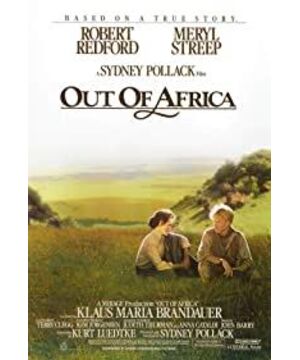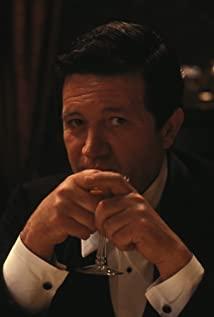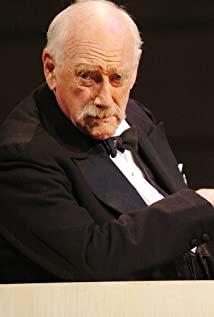Wash it up and keep the house in order for him. For Igor, when he sat down for tea with Olga, he felt so peaceful, he began to feel "home" to this room, and of course, Olga was this "home" "The hostess.
The director of the film did not pretend to be esoteric to show how much philosophy through the film, but the plot of the film and the thoughts and feelings of the protagonist made a strong sense of how much people needed a family relationship to connect them with each other, which was especially necessary at that time. . It is to defend this ordinary family bond that people go to war.
Igor didn't shout as many amazing rhetoric as the heroes in the past films, he just did what he was supposed to do, and everything came out of sincerity and voluntariness. He insisted that going to the front was voluntary. Taking care of Olga was voluntary, and he left her voluntarily...
The melodrama has a lot of assumptions, as everyone knows, and the plot is mostly fiction, but in this film, everything seems real. While melodrama usually ends happily, Legal Marriage ends in real tragedy. At the end of the film, Olga sends Igor to the front line, and they are walking on the street, saying some words trying to dilute the tragic atmosphere, walking and walking, suddenly a tram appears, this tram is going to take Igor. Take it away, take it to an unknown place... Olga realized in horror: In a moment, Igor will be gone. Here, the tram is like a symbol of death, it traverses the picture, separating the hero and heroine on both sides. At the same time, the sound of tank tracks and cannonballs sounded outside the painting, and the specific image of the terrifying war appeared. Here, the use of picture and sound has the significance of film play, and they are an integral part of film play. Finally, when Olga's tear-stained face had not disappeared from the screen, the subtitles of Igor's death appeared. Such montage processing produced a strong tragic power, leaving the audience with infinite melancholy...
In the scene, the film displays a brilliance of humanism that is consistent and idealistic. It also constitutes a particularly moving charm of the film and the characters. But more importantly to the film's success, Pollack also clearly read something deeper than emotion from Brixon's novel. This is the "tragic" nature of the inevitable decline of the colonial empires belonging to ancient Europe. It is far greater than the tragedy of Karen's personal fate.
In fact, Pollack's description of the heroine Karen and her misadventures has already quietly but firmly blended the clues of that historical evolution with the transmutation of Karen's seemingly personal fate. Or it could even be argued that Karen's unfortunate personal fate is really just used by the director as a metaphor for the decaying fate of a colonial empire that was once in full swing. As the story shows, Karen married Polo, who was practically penniless, with an aristocratic dream. What she was trying to find in the pristine African land, loyal black servants and plantations was the glory and dream that belonged to the aristocratic life of the past. But in the film, from the broken Polo to Cullen's later lover, Dennis, the descendant of the English aristocrat who all day idle, the old aristocratic home is showing everywhere that it is losing its vitality. At the same time, Pollack juxtaposes the decline of this ancient family with the fate of the colonial empire through the participation of these two "outdated" characters in the war to re-divide the colony. Not only Polo and Dennis, but also the fate of Karen, who is also closely intertwined with their lives, has also become a metaphor for this history. It is true that Karen was not the pioneer of those arrogant and cruel African colonies, but under her unforgettable emotions of "My Africa" and "My Manor", there is no doubt that there is a thought soaked in colonial culture. blood vessels. Although she is full of sincere affection for this pristine land of Africa and its inhabitants, and tries to save her manor with all her strengths, she seems to have a fateful step by step into a tragic ending. The coffee she had worked so hard to harvest was destroyed by "God's fire" overnight, and her personal life has experienced a complete failure - she first married Polo who didn't love her, and then she finally managed to catch her heart. Dennis, who died in a plane crash just before the reunion. Therefore, when Karen left the primitive land alone and returned to ancient Europe with a shattered dream, people will not only sigh about her personal destiny from her irreversible fate tragedy, but also not difficult Feel a kind of historical change.
View more about Out of Africa reviews











